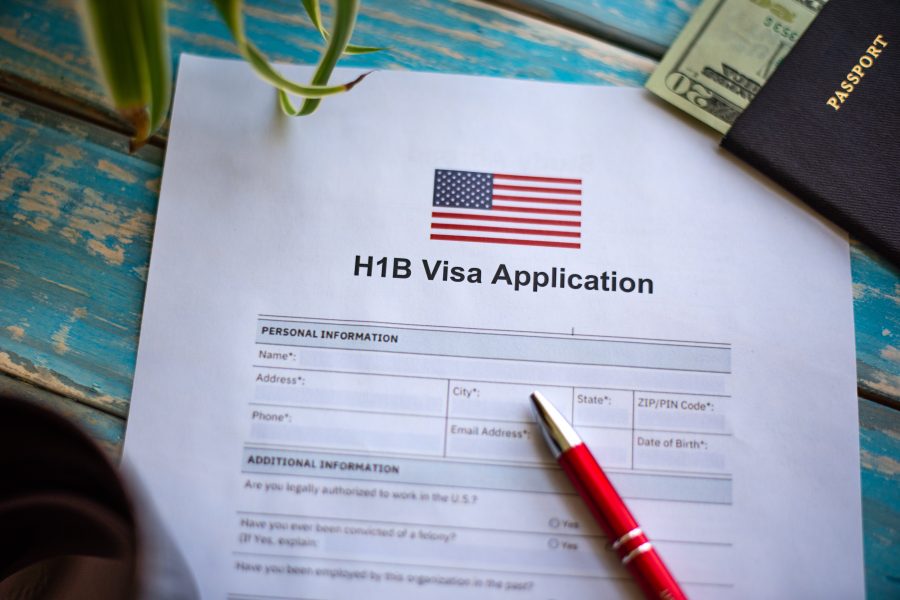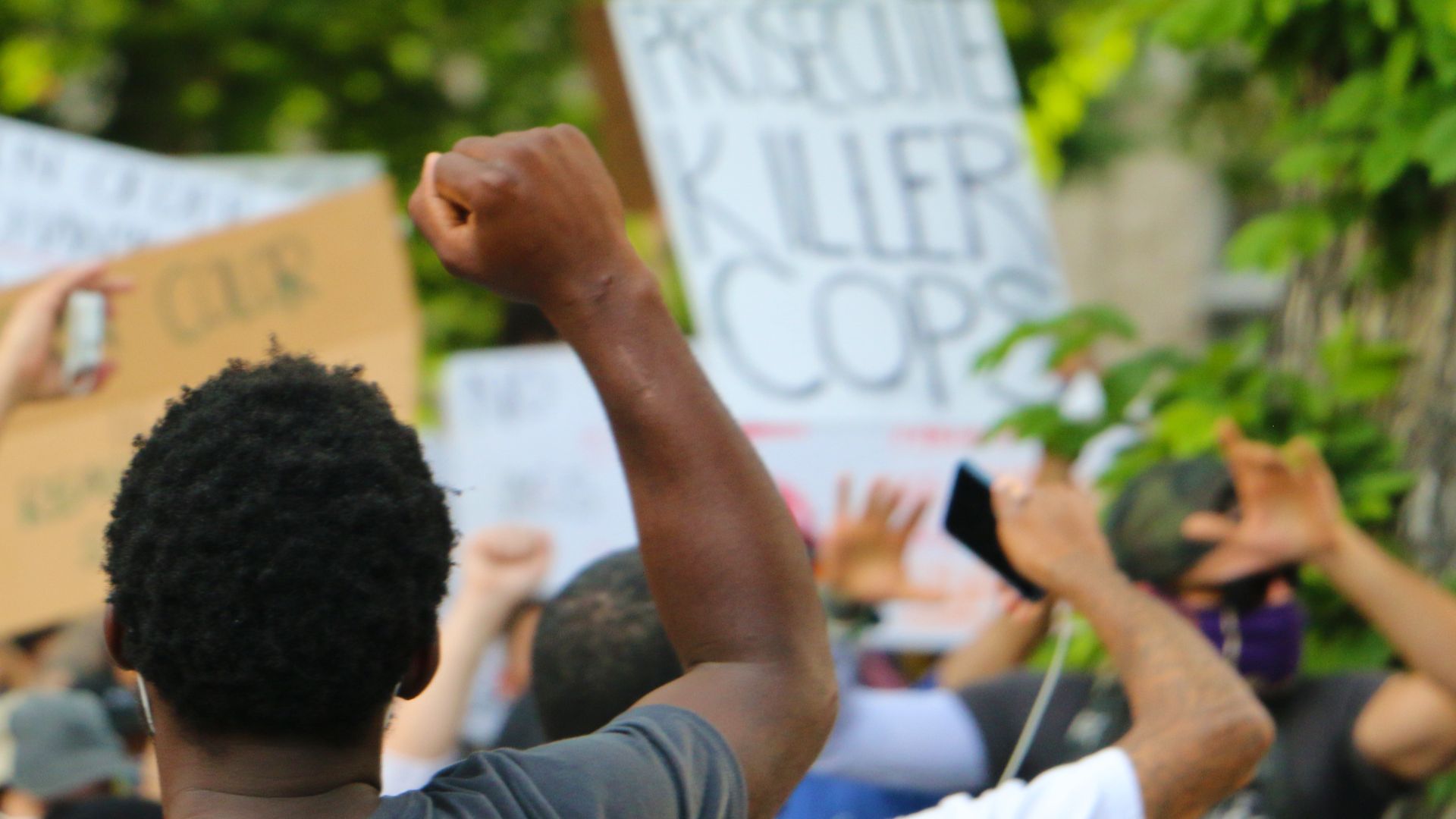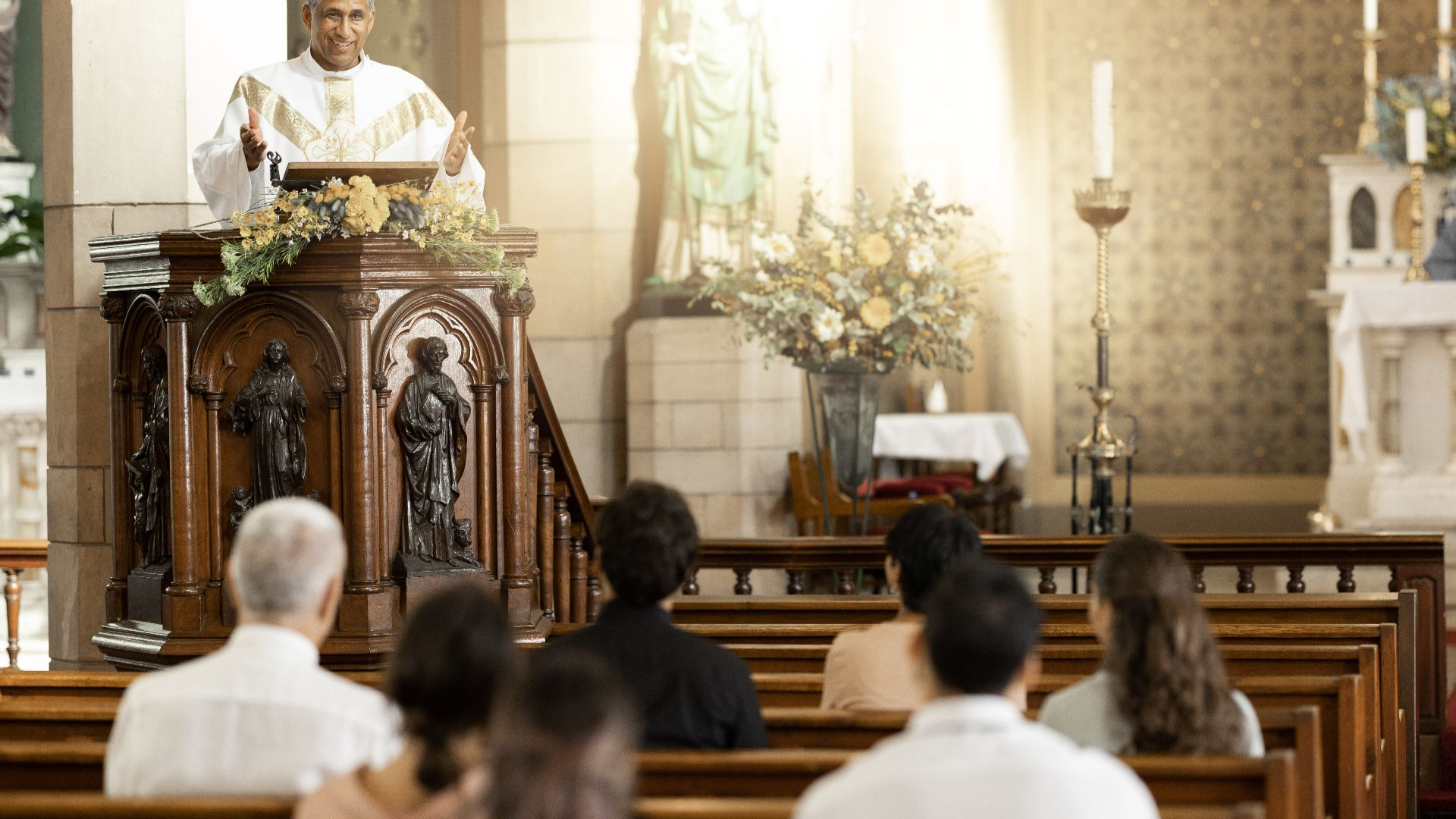On September 21, 2025, the Trump administration implemented a dramatic policy shift: a new $100,000 filing fee for all new H-1B visa petitions. For decades, the cost to file an H-1B visa ranged from $2,000 to $5,000 depending on the size of the employer. Now, the increase is so significant that it threatens to change the way American businesses hire and how immigrant families plan their futures.
As a Jacksonville immigration law firm, we work closely with both U.S. employers and immigrant professionals. This new rule has already caused confusion and fear in the community. Employers are asking how they can remain competitive, and immigrant families are asking if they will still be able to live and work in the United States without financial ruin.
What Is the H-1B Visa?
The H-1B visa is one of the most common types of U.S. work visas. It allows employers to hire foreign professionals in “specialty occupations”—positions that require at least a bachelor’s degree or equivalent experience. Examples include:
-
Software developers and engineers
-
Financial analysts and data scientists
-
Physicians, researchers, and healthcare workers
-
Architects, civil engineers, and other professionals in STEM fields
An initial H-1B visa is valid for three years and may be extended for up to six years. Each year, only 65,000 visas are available, plus 20,000 reserved for advanced degree holders from U.S. universities. The demand for these visas far exceeds the supply, which makes each petition highly competitive.
Who Are H-1B Workers?
H-1B visa holders are highly skilled professionals who often work in technology, healthcare, finance, and engineering. As of recent data, nearly 65% of H-1B workers are employed in computer-related fields. More than 70% of visa holders are Indian citizens, though the program also brings talent from across the globe.
But these workers are more than just employees—they are spouses, parents, and neighbors. They contribute to U.S. communities, pay taxes, and help drive innovation. For many families, the H-1B visa is the first step toward legal permanent residency and eventually U.S. citizenship.
How Will the $100,000 Fee Affect Employers?
For large corporations like Amazon, Microsoft, Google, and Apple—who sponsor thousands of H-1B employees—the cost of compliance will skyrocket. But the greatest strain will fall on small and mid-sized businesses.
Previously, a business could budget $2,000–$5,000 for a work visa petition. Now, a single H-1B visa costs $100,000—an expense that could force smaller companies to abandon the process altogether.
The consequences include:
-
Fewer opportunities for foreign professionals to work in the U.S.
-
Reduced competitiveness for U.S. companies that rely on global talent
-
A potential “brain drain”, as skilled workers choose Canada, Europe, or Asia instead of the U.S.
-
Slower economic growth, particularly in industries like technology and healthcare where demand already exceeds the available American workforce
Humanitarian Impact on Families
This fee increase is not just an economic issue—it’s a humanitarian one.
In the days following the announcement, many families rushed to enter the U.S. before the new cost took effect. Some are now fearful of leaving the country, worried that a vacation or trip home might prevent their return.
India’s Ministry of External Affairs has already warned that the new fee could cause “humanitarian consequences by way of disruption for families.” Families with children in U.S. schools, spouses awaiting green card approval, and professionals in the middle of long-term projects now face uncertainty about their futures.
Do H-1B Workers Take Jobs Away from Americans?
This is a common misconception. Employers cannot hire an H-1B worker unless they prove, through a labor condition application with the U.S. Department of Labor, that doing so will not harm U.S. workers’ wages or working conditions.
Studies consistently show that H-1B workers complement U.S. workers rather than replace them. In fact, industries with high numbers of H-1B visa holders—like technology and engineering—have some of the lowest unemployment rates. This indicates that the demand for skilled labor is higher than the supply of qualified U.S. workers.
How Immigration Lawyers Can Help
At Rebecca Black Law, P.A., we know that every H-1B petition represents more than paperwork. Behind each case is a family’s future and a business’s success.
As a full-service immigration law firm based in Jacksonville, Florida, we assist employers, employees, and families with:
-
Preparing and filing H-1B petitions
-
Exploring alternatives, such as L-1 intracompany transfer visas, O-1 extraordinary ability visas, or investor visas
-
Advising families on long-term strategies, including green card sponsorship and citizenship applications
-
Defending clients in immigration court or during USCIS challenges
We also provide personalized guidance so that families and businesses fully understand their options in this changing legal environment.
Final Thoughts
The new $100,000 H-1B visa fee will reshape the landscape of U.S. immigration. For some employers, it may mean limiting international hiring. For many immigrant families, it creates yet another obstacle on the path to stability and opportunity in America.
If you are an employer worried about compliance or a professional concerned about your ability to work and live in the U.S., consult with an experienced immigration attorney before making any major decisions.
At Rebecca Black Law, P.A., we are here to help you navigate these changes with compassion and clarity. Whether you are in Jacksonville, Northeast Florida, or anywhere in the United States, our firm is dedicated to protecting your future.





